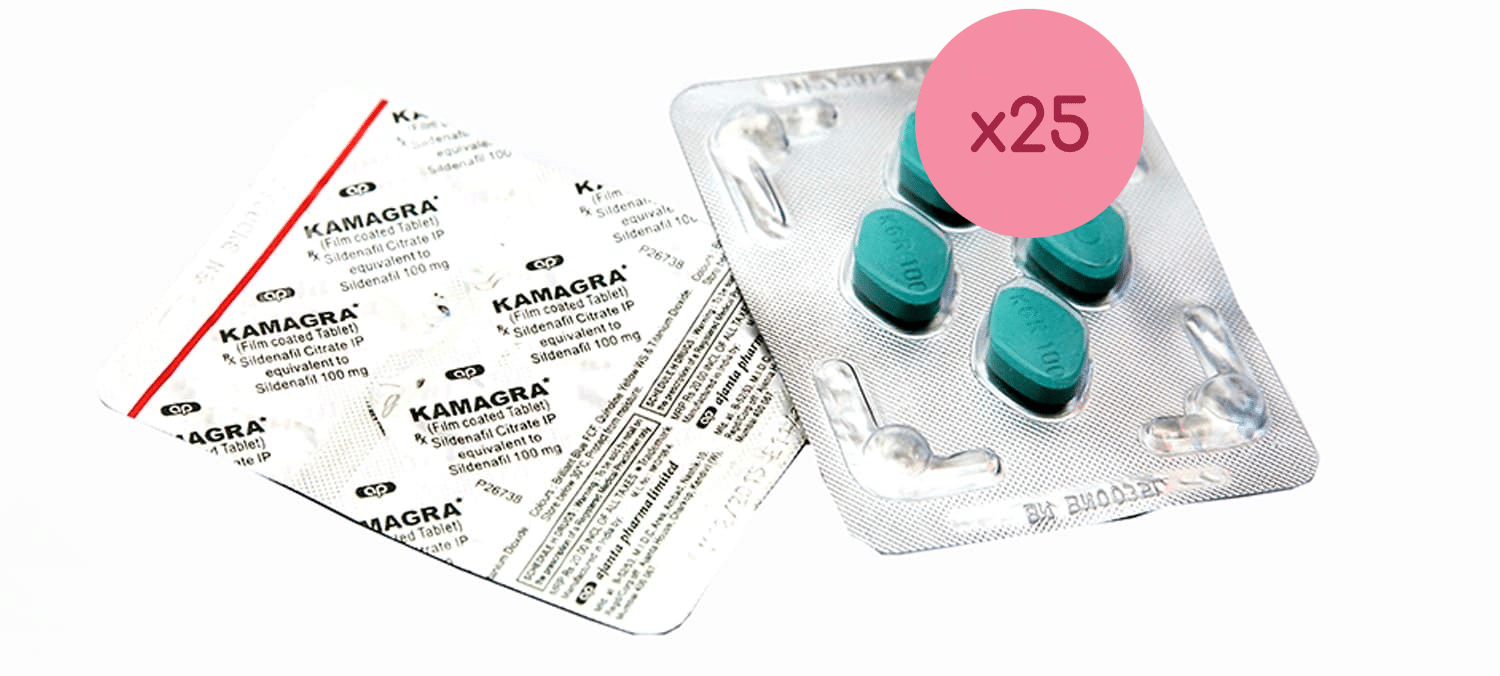There are many hormones that control your weight, your fat storage and your appetite. Read the rest of this article to learn more about these hormones and how to regulate their concentration.
Leptin
Leptin is produced by fat cells.It is considered the “hormone of satiety”, it reduces appetite and helps you feel full.As a hormonal signaling hormone, its role is to communicate with the hypothalamus, the part of your brain that regulates appetite and food intake.Leptin tells the brain that fat storage is enough, which helps prevent any excess food intake.People who are overweight or obese usually have very high levels of Leptin in their blood. In fact, one study found that Leptin levels in obese people were up to 4 times higher than in people with normal weight.

If leptin reduces appetite, obese people with high levels of leptin should eat less and lose weight. Unfortunately, with respect to obesity, leptin does not work as it should. This is called leptin resistance. When hormonal signaling is impaired, the message to the brain that you have to stop eating does not go away, he does not realize that you have stored enough energy. In simpler terms, your brain thinks that your body is hungry, and therefore encourages you to eat more.
Levels of leptin are also reduced when you lose weight, and this is one of the main reasons why it is so difficult to maintain your weight loss in the long run. The brain thinks you are hungry, and pushes you to eat. Two potential causes of leptin resistance are chronically elevated levels of insulin and inflammation in the hypothalamus.
Insulin
Insulin is a hormone produced by beta cells of the pancreas.It is secreted in small amounts throughout the day and in larger amounts after meals.Insulin allows your cells to take blood sugar for energy or storage, depending on what is needed.Insulin is the main hormone that manages fat storage. It controls fat cells to store fat, and prevents stored fat from breaking down.When cells are resistant to insulin (which is very common), blood glucose and insulin levels increase significantly.Regularly high insulin levels (called hyperinsulinemia) can lead to many health problems, including obesity and metabolic syndrome.Too much food – especially foods high in sugar, refined carbohydrates, and all fast food dishes – leads to insulin resistance and increases insulin levels.

Here are some tips to normalize your insulin levels and improve your insulin sensitivity:
- Avoid sugar or minimize the amount you consume: Consuming high amounts of fructose and sucrose promotes insulin resistance and increases insulin levels.
- Reduce your carbohydrate intake: A low carbohydrate diet can cause an immediate drop in insulin levels.
- Make it full of protein: Eating protein actually helps to increase insulin levels in the short term. However, this will lead to a reduction in your insulin resistance over the long term and this will help you lose abdominal fat.
- Add a lot of healthy fats to your diet: Omega-3 fatty acids, especially in oily fish, can help lower your insulin levels in the blood when you’re fasting.
- Exercise regularly: According to a scientific study, overweight people who walked fast or jogged experienced a significant improvement in their insulin sensitivity after 14 weeks.
- Take enough magnesium: people who are insulin resistant often have low levels of magnesium, dietary supplements containing magnesium can improve insulin sensitivity.
- Drink green tea: Green tea can lower blood sugar and insulin levels.
- In conclusion: Insulin is the main hormone that manages the storage of fat. Reducing sugar, carbohydrate and exercise are the best ways to reduce your insulin levels
The Ghrelin
Ghrelin is also known as the “hunger hormone”.When your stomach is empty, it releases ghrelin, which sends a message to the hypothalamus that says you need to eat.Normally, ghrelin levels are higher before eating and lowest about an hour after you have had a meal.However, in overweight and obese people, fasting ghrelin levels are often lower than in normal weight people.
Studies have also shown that after eating, obese people had a level of ghrelin that only decreased slightly. The hypothalamus therefore does not receive a signal as strong as it should to stop the feeding process, which can lead to overeating.
Cortisol
Cortisol is a hormone produced by the adrenal glands.It is also known as the “stress hormone” because it is released when your body is stressed.Like other hormones, it is essential for survival. However, high levels of cortisol in the body chronically can lead to overeating and weight gain.It seems that women who are overweight react to stress with a greater increase in their cortisol levels.However, a strict diet can also increase cortisol in the body. In one study, women who followed a low calorie diet had higher levels of cortisol and reported feeling more stressed than women on a regular diet.







